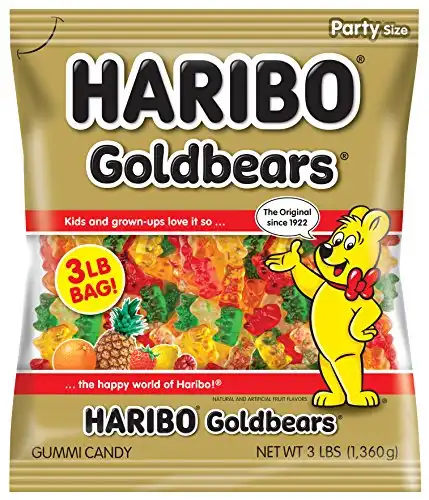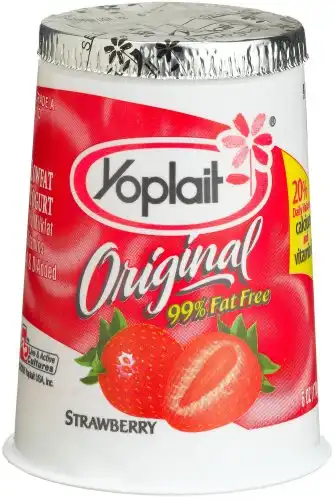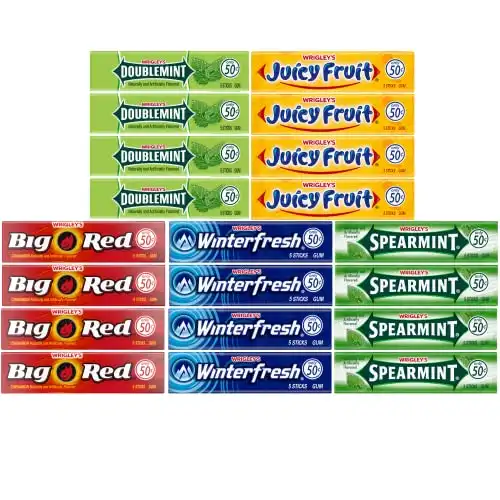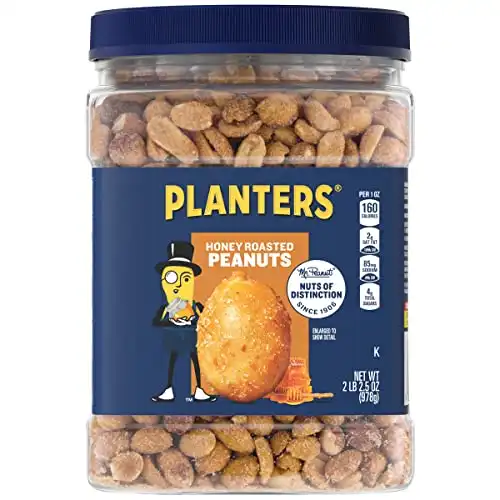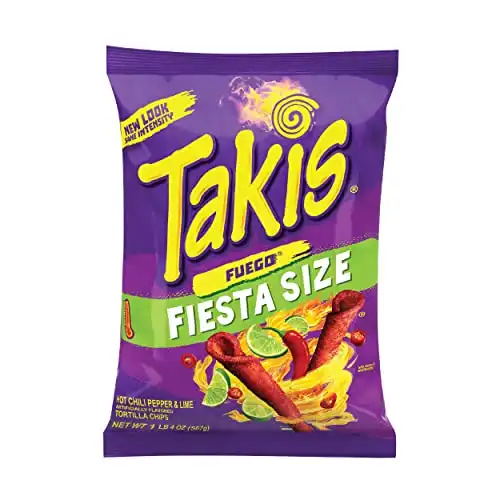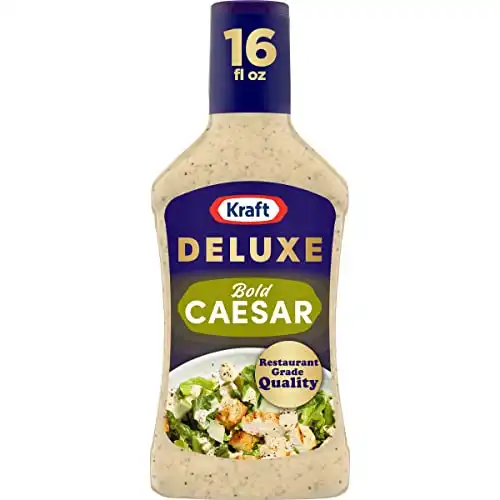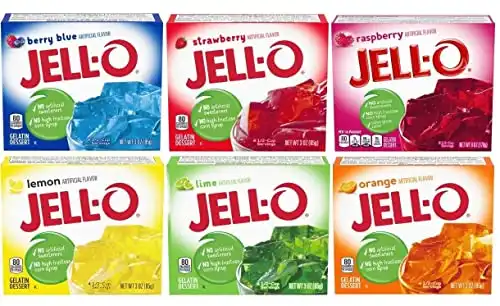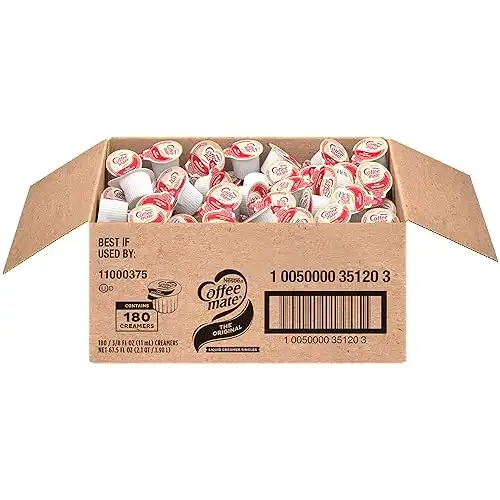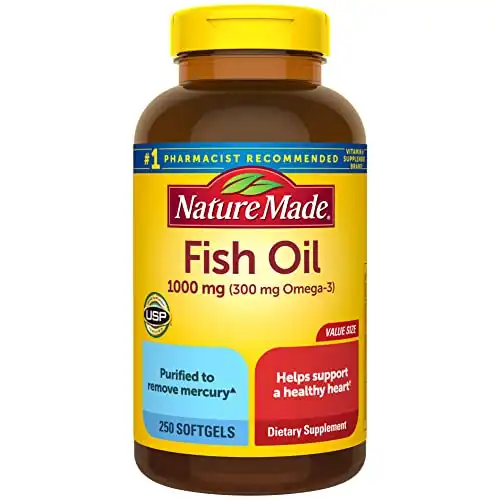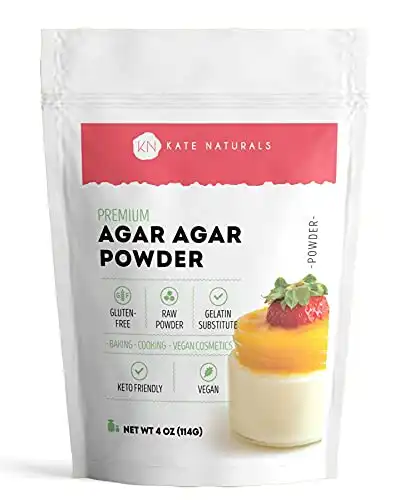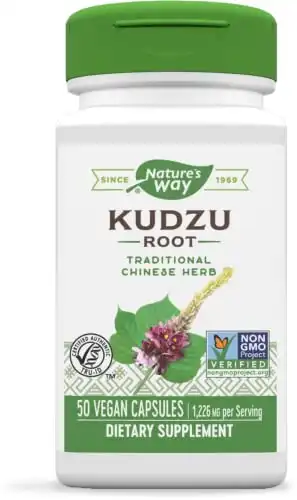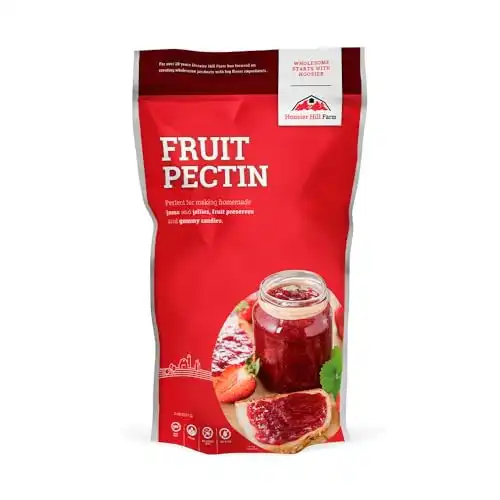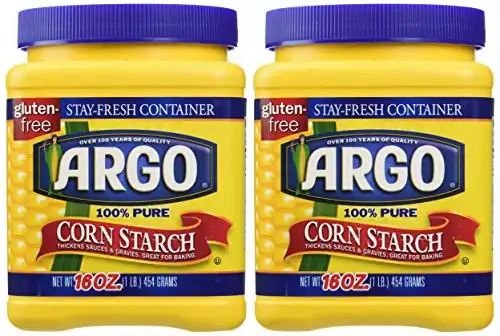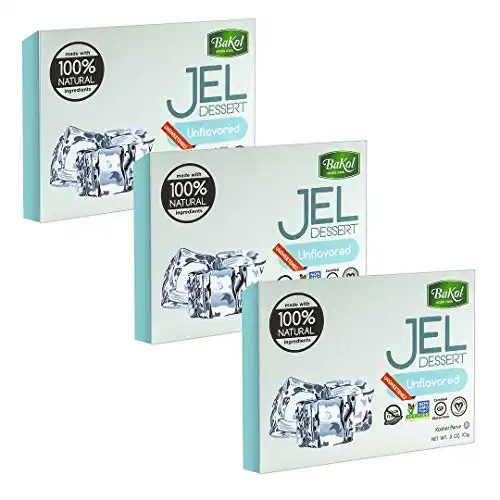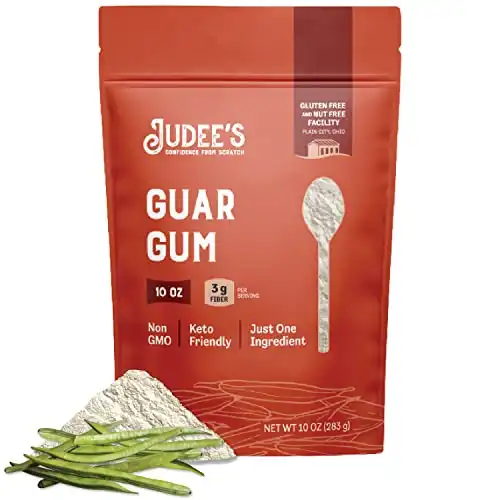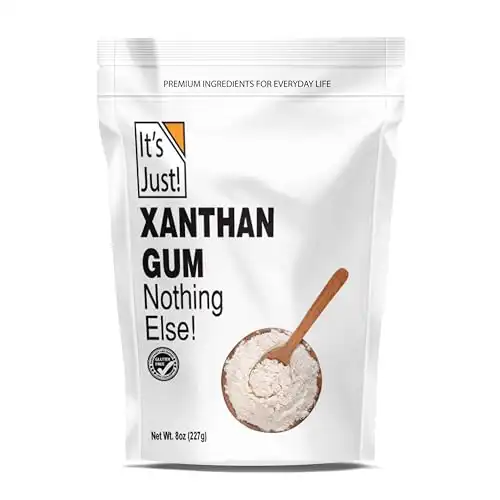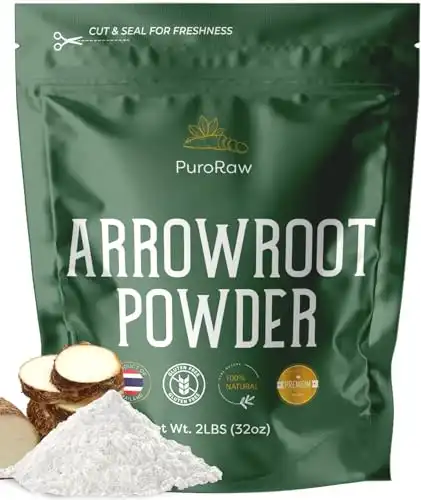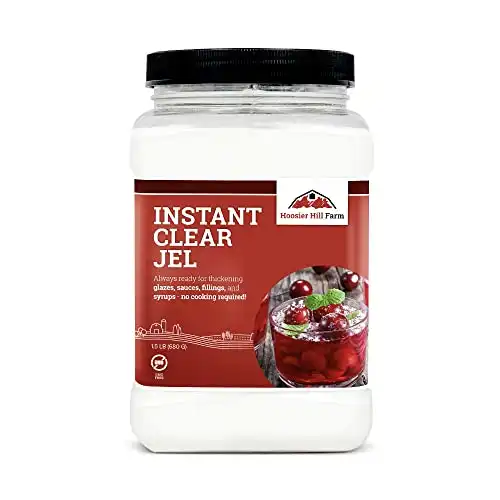12 Surprising Foods That Contain Pork Gelatin and Why You Should Avoid Them
Avoid pork gelatin in candies, cereals, yogurt, and more for a healthier, ethical diet. Opt for plant-based alternatives for better digestion and overall well-being.

Do you know what’s in your food? Many people are often surprised to learn that a wide range of everyday products contain pork gelatin, an ingredient derived from animal sources.
Whether you’re avoiding pork for dietary, health, or ethical reasons, it’s essential to be aware of the hidden sources of this ingredient in your daily diet. In this blog post, we will explore 12 surprising foods that contain pork gelatin, discuss the benefits of avoiding it, and offer alternative ingredients to use instead.
Disclosure: As an Amazon Associate, this site earns from qualifying purchases. Thank you!
Surprising Foods Containing Pork Gelatin
Here are 12 foods that you might not have realized contain pork gelatin:
Candies
Many popular candies, such as gummy bears, marshmallows, and jelly beans, contain pork gelatin to give them their chewy, springy texture. If you’re looking for gelatin-free candy options, look for vegan or vegetarian alternatives, which typically use plant-based ingredients like agar-agar or pectin instead.
Cereals
Some breakfast cereals, especially those with marshmallow pieces or a frosted coating, may contain pork gelatin. Always check the ingredients list on the cereal box to ensure it’s free from gelatin if you’re trying to avoid it.
Yogurt
Pork gelatin can be found in some yogurt products, particularly fruit-flavored varieties, to help thicken and stabilize the texture. To avoid gelatin, opt for plain yogurt or look for brands that use alternative thickeners, such as pectin or agar-agar.
Chewing Gum
Chewing gum often contains pork gelatin as a softening agent. Look for gum brands that specifically advertise themselves as vegetarian or vegan, or choose gum made with tree resin, like chicle, instead of gelatin.
Peanuts
Surprisingly, some brands of dry-roasted peanuts include pork gelatin as an ingredient, often used to help salt and seasonings stick to the nuts. Always check the ingredients list and opt for brands that don’t use gelatin, or choose raw or oil-roasted peanuts instead.
Potato Chips
Some flavored potato chips may contain pork gelatin as a binder for the seasonings. Look for chips that use alternative ingredients, like maltodextrin or modified food starch, to avoid gelatin in your snacks.
Caesar Dressing
Traditional Caesar salad dressing often contains anchovies, but some store-bought varieties may also include pork gelatin as a thickening agent. To avoid gelatin, choose a vegan Caesar dressing or make your own at home using plant-based alternatives.
Jell-O
Jell-O and other gelatin-based desserts are typically made with pork gelatin. If you’re looking for a gelatin-free option, try fruit-flavored agar-agar desserts or opt for puddings made with cornstarch or tapioca instead.
Non-Dairy Creamer
Some non-dairy creamers use pork gelatin as a stabilizer to help create a smooth, creamy texture. Look for creamers labeled as vegan or those that use alternative stabilizers, like carrageenan or guar gum.
Omega-3 Products
Fish oil supplements and omega-3-enriched foods, such as eggs and milk, sometimes contain pork gelatin in the form of soft gel capsules or as a stabilizer. Look for vegan or vegetarian omega-3 products that use algae-based DHA and EPA sources and plant-based alternatives to gelatin.
Health Benefits of Avoiding Pork Gelatin
There are several health benefits associated with avoiding pork gelatin, including:
Improved Digestive System
Plant-based alternatives to pork gelatin, such as agar-agar and pectin, are rich in soluble fiber, which can help support a healthy digestive system. This can lead to better nutrient absorption, regular bowel movements, and overall improved gut health.
Healthy Bones, Skin, and Joints
While collagen and gelatin are known for their potential benefits to bones, skin, and joints, there are plant-based alternatives that can provide similar benefits. For example, consuming foods rich in vitamin C, silica, and antioxidants can promote collagen synthesis and support overall bone and joint health.
Essential Nutrients: Proteins, Calcium, Magnesium, Antioxidants
By avoiding pork gelatin and opting for plant-based alternatives, you may be consuming more nutrient-dense foods that provide essential nutrients like proteins, calcium, magnesium, and antioxidants. These nutrients can support overall health and well-being, as well as contribute to a more balanced diet.
Alternatives to Pork Gelatin
There are many plant-based alternatives to pork gelatin that can be used in cooking and baking:
Agar-Agar
Agar-agar is a gelatin-like substance derived from red algae. It’s a popular vegan alternative to gelatin, and it works well as a thickening and gelling agent in recipes.
Kudzu
Kudzu, also known as kuzu, is a starchy root native to Japan. Its starch can be used as a thickening agent in place of gelatin, particularly in sauces and gravies.
Pectin
Pectin is a naturally occurring substance found in the cell walls of fruits and vegetables. It’s commonly used as a gelling agent in jams, jellies, and other fruit-based products.
Cornstarch
Cornstarch is a versatile thickening agent that can be used in place of gelatin in many recipes, such as puddings and pie fillings.
Vegan Jel
Vegan Jel is a commercial product made from vegetable gums that can be used as a direct substitute for gelatin in recipes like Jell-O and other gelatin-based desserts.
Guar Gum
Guar gum is a natural thickening agent derived from the seeds of the guar bean. It’s often used to thicken and stabilize dairy products like ice cream and yogurt, as well as gluten-free baked goods.
Xanthan Gum
Xanthan gum is a common food additive made from fermented sugars. It works as a thickening and stabilizing agent, making it a suitable alternative to gelatin in some recipes.
Arrowroot
Arrowroot is a starchy powder extracted from the roots of the arrowroot plant. It can be used to thicken sauces, gravies, and pie fillings in place of gelatin.
Tapioca Starch
Tapioca starch, also known as tapioca flour, is a gluten-free thickening agent derived from the cassava root. It can be used in place of gelatin in recipes like puddings and pie fillings.
Instant Clear Gel
Instant Clear Gel is a modified cornstarch that can be used as a thickening and gelling agent in place of gelatin. It’s especially useful for fruit pie fillings, as it won’t break down when exposed to the acid in the fruit.
Carrageenan
Carrageenan is a natural gelling agent derived from red seaweed. It’s often used as a stabilizer and thickener in dairy and non-dairy products, making it a suitable alternative to pork gelatin in some cases.
So…Why Pork Gelatin?
Pork gelatin is a common ingredient in various foods due to its unique properties and benefits. Derived from the collagen found in pigskin, pork gelatin is a natural protein that offers numerous advantages when used in food preparation.
Many people are unaware that pork gelatin can be found in numerous everyday food items, including candies, cereals, yogurt, chewing gum, and even salad dressings. There are several reasons why you might choose to avoid pork gelatin, such as religious or dietary restrictions, concerns about animal welfare and sustainability, or simply a preference for plant-based alternatives.
By steering clear of pork gelatin, you can enjoy a healthier diet, improved digestion, and stronger bones, skin, and joints. Plus, you’ll be supporting a more sustainable food system, as plant-based alternatives often have a smaller environmental footprint.
Final Thoughts
Avoiding pork gelatin can lead to a healthier diet, improved digestion, and stronger bones, skin, and joints. By choosing plant-based alternatives, you’re also supporting a more sustainable food system and reducing your consumption of animal-derived ingredients.
Being aware of the ingredients in your food is essential for making informed choices about what you consume. By understanding the presence of pork gelatin in various products and opting for plant-based alternatives, you can enjoy a more balanced and ethical diet that aligns with your personal beliefs and preferences.

